
China’s Xi is going back to the future
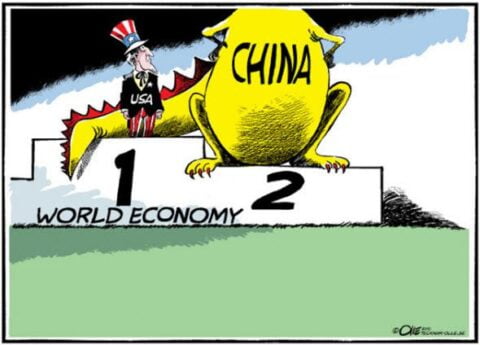
In many ways, I am what some call an “old China hand.” I have traveled to the Middle Kingdom on several occasions – from 1999 to 2010. I have brought business delegations to China. For about 4 years, I served as Foreign Investment Advisor to the city of Harbin in the Northern Province of Heilongjiang. In that role I was to advise the city leaders how to move policies to more capitalistic and free-market positions.
At the time, there was a lot of enthusiasm for the economic reforms launched by Chairman Deng Xiaoping. I recall the Communist General Secretary of the Province asking me to recommend an American college for his son. I was surprised when he added a caveat – that he wanted his son to attend a school that teaches Milton Friedman economics.
During my years in China, Hong Kong and Macau were part of a “two system one China” policy – with HK and Macau maintaining a very free-market economic system. I recall the Governor of Heilongjiang grumbling that he wanted the Hong Kong system.
The free-market capitalistic system was on the rise. During the years of my association with China, I saw the progress in real time. The changes included the elimination of a requirement that all foreign business had to have a Chinese partner – many times the Peoples’ Liberation Army. While that remained the case for certain industries – such as communications and defense – most foreign companies could set up shop in China.
When I first arrived in China, getting U.S. investment returns out of China was a Herculean task. Over time, the restrictions eased. The policy that the government owned and controlled all real property was relaxed. While the government technically maintained ownership, people could acquire homes on the market. Then to pass them on to others for case. They could leave the property to their children.
There was an assumption that the trajectory toward capitalism would be maintained for the foreseeable future. At one point, I was convinced that the 21st Century would belong to China. They had the natural resources, a very large market with increasing discretionary spending. At one point, China’s economic growth topped 9 percent while the U.S. growth rate was an anemic 2 to 3 percent.
Money was flowing into China as the country became the factory to the world. This was the rewards of free-market capitalism even in the limited version found in China.
My involvement in China ebbed just about the time Xi Jinping came to power. It never occurred to me at the time, but maybe it was BECAUSE he came to power. Initially, Xi seemed like a continuation of the more recent Chinese leaders. But that began to change – gradually at first.
It turns out that Xi was more of an old-style doctrinaire Communist. He was not eager to undermine the benefits of free (or at least freer) markets, but he wanted to tighten the grip on social and political life of the Chinese. And he also had more expansionist ambitions than his predecessors.
Xi undertook to initiatives. One was to create an internal uniformity by oppressing the diversity in the western provinces. He did this by suppressing diversity and dissent with brute force and by populating the region with more traditional Chinese. It was the same method that Chinese leaders had earlier employed to overcome the Russian population that had founded Harbin.
Xi essentially ended the “one China, two systems” policy by crushing the democracy movement in Hong Kong. And he is looking lustfully at Taiwan.
Xi has tightened down on his domestic population. He controls the technology. He can spy on the public social media platforms – and even shut them down. He is using facial recognition and social scoring to identify and discourage criticism. The people of China are not as free as they were just a decade ago.
For centuries, China was not a global expansionist nation. Though they backed the northern force in Korea and Vietnam during those wars, they never attempted to occupy the country. Up until the re-opening of China by President Nixon in 1973, China had a very limited foreign policy. China and Russia were the two major Communist nations in the world, but they were not as closely aligned as many believe. Heilongjiang Province – which is surrounded by Russia on three sides – built a massive string of bomb shelters. It was not to protect from an American attack, but from Russia.
Xi turned China into an aggressive global competitor to the United States. He is not a warmonger – and not even much of a saber-rattler. But he is ruthlessly competitive on the world scene. The Chinese business community is on the ground in Africa and South America – buying up resources, financing public works projects. His goal is to replace the United States as the go-to country.
To do that, China would need the most powerful military in the world. Xi well understood that military strength was America’s ace-in-the-hole. Xi may not officially control the strongest military in the world, but it is strong enough to deter any aggressor. If China uses the military to take control of the South China Sea – as Xi has promised to do – what country will stop him?
If Xi decided to use his military to take over Taiwan, who will stop him? The United States has a defense treaty with Taiwan, but following the Biden debacle in Afghanistan, Xi mocked the United States – intimating that Taiwan cannot depend on America.
To expand China’s influence, Xi has an M&M strategy – money and military. It worked for the United States for the better part of the 20th Century. Xi believes that the United States can no longer compete financially or militarily with China – and that it is only a matter of time until China is recognized as the world leader.
But there is a conundrum. The unprecedented success of China in the past 70 years has been the result of shifting the economy from a centrally controlled model to a free-market model. But free market capitalism thrives best in an environment of political and personal freedom. Xi seems to be experimenting with a model of oppressive government and free trade. Professor Barry Naughton, an expert on the Chinese economy from the University of California, San Diego calls it “a government-steered economy.”
When it comes to the major business enterprise, Xi wants them under the thumb of Beijing. And it is not just foreign enterprises. He is essentially taking control of such popular Chinese companies like Alibaba. Xi sees the private enterprise as a threat to his authoritarian style of governance. They are too big – and unfettered they have too much influence among the people.
Can Xi get away with this hybrid economy – with some level of free markets and absolute control from Beijing?
It may all depend on what the western nations do in the coming years. Will they undermine China’s role as a world economic leader by restraining trade and even imposing sanctions – the political solution. Or will they continue to make deals with China – the pure economic approach?
Whether China becomes the king of the world mountain will depend a lot on the one country trying to cling to its leadership – the United States. The answer will be revealed in the next few years.
So, there ‘tis.


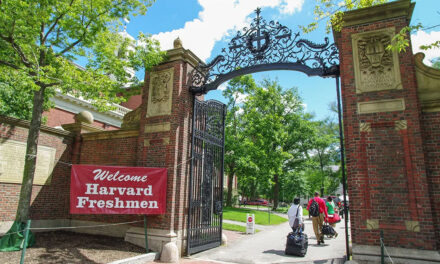
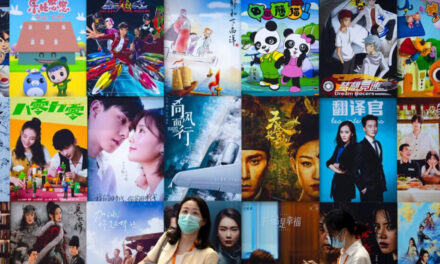
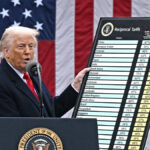
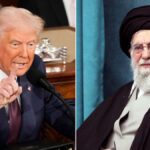





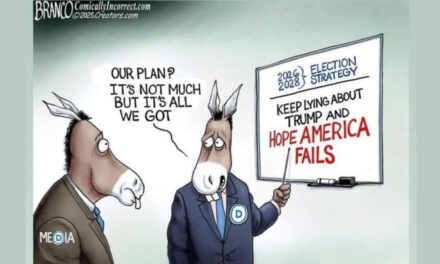


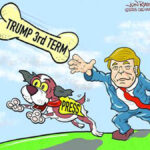











I am the reader who thinks you are the “new Charles Krauthammer.” Pleasee e-mail me and I will give you my views on why China will never take over the wold like President Xi would like to do.
I wish you all the best and do hope to hear from you.
David Devin
Great post Larry. I would like to visit China someday. I did not realize you had such depth of experience in China. I remember things evolving in China pretty much the same as your post. I was wondering if you ever write on Quora.com in a blog called “China Uncensored”. Xi / Beijing has an army of propagandists spewing all kinds of lies about the USA and promoting the goodness of China, and how the USA “hegemony” and the West are the bad guys. Seems to me that China’s economy would not be where it is today without the West’s investment. Am I correct on this thought? Xi/Beijing seem to be heavily into using propaganda as a way of stoking nationalism within China – which is now creating harsh opinions of Americans among those once upon a time nice Chinese people, and, blinding them to what Xi is doing. I was wondering if you could explain your last sentence a little: “Whether China becomes the king of the world mountain will depend a lot on the one country trying to cling to its leadership – the United States. The answer will be revealed in the next few years.” Thanks in advance, Tom
Here are two interesting articles from China Uncensored:
https://www.dailymail.co.uk/news/article-10009145/Chinese-academic-warns-Australia-target-NUCLEAR-WAR-AUSUK-submarine-deal.html
Read Peter Breton’s answer at https://www.quora.com/Which-one-is-a-bigger-threat-to-world-peace-The-USA-or-China
Trump constantly antagonized the Chinese during his term of office (except when his daughter could make money from Chinese patents), goading them into a more militaristic response to trade. Now Biden is working hard to build up alliances to contain China. Yet another Trump policy that Biden has to deal with…